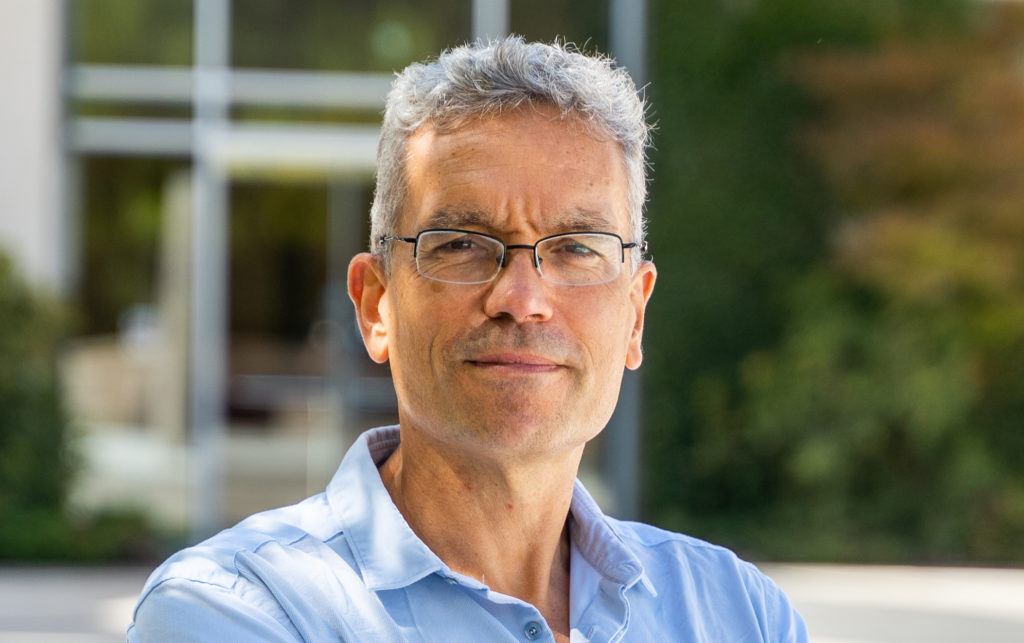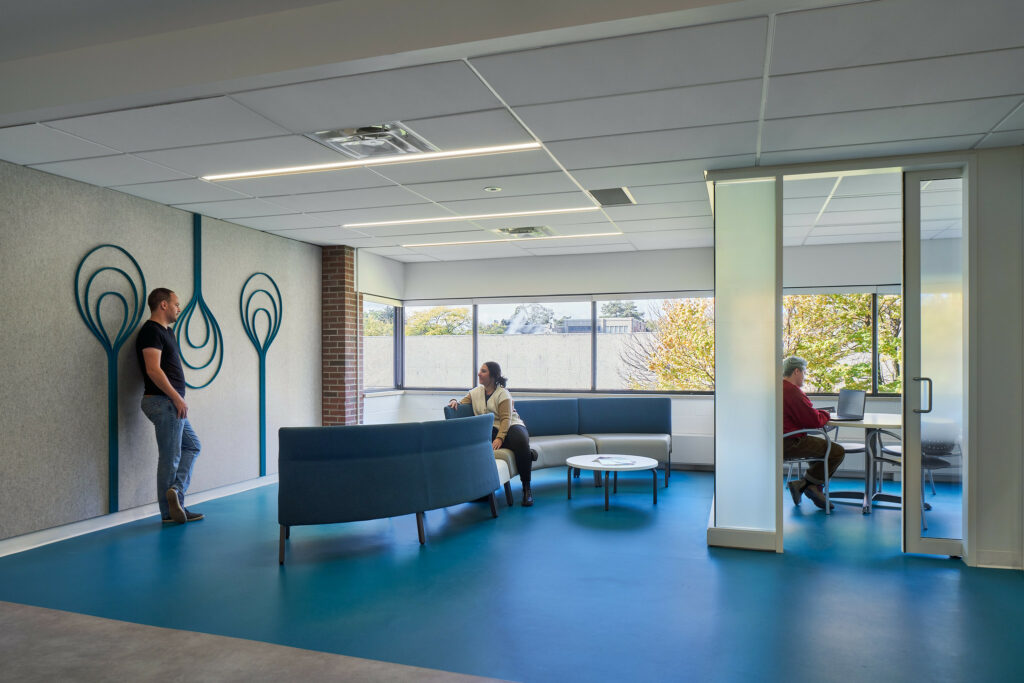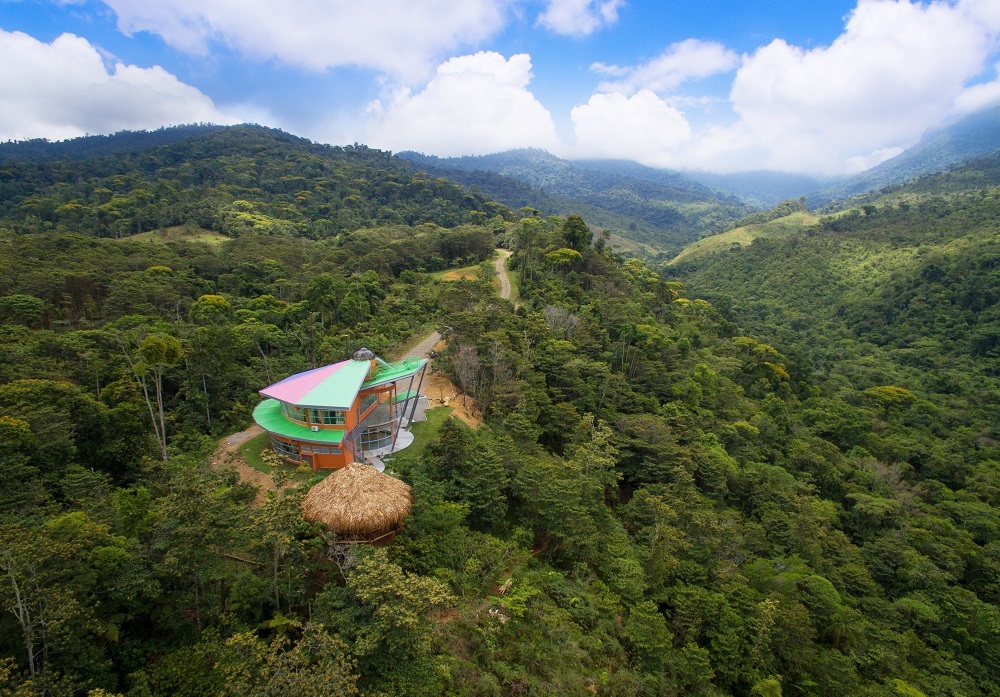Investments made by York University’s Faculty of Education in talent, research, infrastructure and leadership have been recognized recently by its place in the Top 100 education faculties worldwide as designated by the QS World University Rankings by Subject 2024.

QS ranks York’s Faculty of Education 66th globally and fifth in Canada, lauding its strong academic reputation. They feature 55 individual subjects across five broad subject areas, and 1,559 institutions have been ranked across these subjects for 2024. “This marks our Faculty’s debut in the QS World University Rankings and we’ve entered the field at No. 66, which is an excellent beginning,” says Dean Robert Savage.
The Faculty of Education is also among the Top 150 in the world according to the Times Higher Education World University Rankings 2024 by subject and among its Top 80 in research quality. Maclean’s magazine has consistently ranked York’s Faculty of Education in the Top 10 in Canada for the last four years. These rankings reflect the intention with which the Faculty continues to improve its strength in all aspects of education.
In 2023, York’s Faculty of Education celebrated its 50th anniversary with the release of a new five-year strategic plan that focuses on research excellence and innovation.
The Faculty also marked this milestone with a $7 million investment in infrastructure through renovations made to its home on the Keele campus. These changes combine the best of the past with the present and look toward the Faculty’s future. One of the major features of the renovations is the consolidation of all the student services for undergraduate students, making it a one-stop shop for assistance of any kind.

“It’s a modernized look to a building that opened in the 1960s,” says Savage. “We’ve added glass to the corridors so light pours in, and they become cathedral-like, a metaphor for the illumination provided by education, shining light on our values and our scholarship. The renovations show confidence in ourselves as a leading education faculty with a strong research reputation.
“In addition, we’ve invested in building a strong research and teaching environment, bringing in young, energetic faculty who have strong research portfolios and a global perspective.”
There can be no doubt about the Faculty of Education’s research strength. The Times Higher Education World University Rankings by Subject positions the Faculty in the top 80 worldwide for research quality, something that is borne out by publication data, Savage notes.
“Our research papers are highly cited and cited by the authors of other important articles in the field, so we have a real network impact,” he says.
The word about York’s Faculty of Education is also spreading thanks to its Public Lecture Series, popular Faculty of Education Summer Institute and the Faculty’s participation in Congress 2023, the annual meeting of the Federation for the Humanities and Social Sciences, hosted by York.
Governments, national, provincial and local – know about the talent available at the Faculty of Education. Faculty members model leadership, not only in the classroom, but through the work they do outside the classroom, serving as consultants to the Ministry of Education, the Toronto District School Board and other government entities on policy. “We are trusted voices and they turn to us for advice,” says Savage.
Students learn by example when they see their professors “walk the talk” and take advantage of opportunities to volunteer and work in the community.
At the undergraduate level, the Faculty of Education offers a choice of two degrees, each practical in its own way. Undergraduate students can work toward a Bachelor of Arts (BA) in Educational Studies, which provides an in-depth look at education and its role in society today, or a Bachelor of Education (BEd) degree, geared toward classroom teaching. Whichever program they choose, they learn from outstanding researchers and academics in the field.
The BA in Educational Studies program gives students a broader understanding of the education system and its relation to policy, economics, health and technology, among other fields. It teaches the essential skills necessary to succeed in educational work outside of the traditional classroom, whether that is as a corporate trainer, a career counsellor, an academic advisor or one of many other adjacent fields.
As an added bonus, students in the BA in Educational Studies program can earn a Certificate in Educational Development at no extra cost. This allows them to apply their skills to any position requiring the creation of educational materials, including positions at not-for-profit agencies eager to inform the public about their cause.
The BEd – either concurrent or continuous -- is a full-time professional degree program that prepares students to become teachers through a combination of coursework and community/school placements. The degree equips students to teach not only in Canada, but in international schools anywhere in the world.
“Both of these degrees provide our students with strong pathways to employment,” Savage notes. “Students in each of these programs also have opportunities for hands-on, experiential education. There’s a strong focus on turning theory into practice.”
Another attractive aspect of the Faculty of Education is the diversity of BEd offerings, including opportunities focused on International Education , French as a Second Language and Indigenous Teacher Education. This variety of programs reflects the diversity of the student body, bringing together international students and domestic students from a multiplicity of cultures.
Graduate degrees from the Faculty of Education also prepare students to become leaders in the community and in their field of expertise. Leaders supporting future leaders in education is a hallmark of all of the Faculty’s programs
The Master of Education (MEd) degree allows them to deepen their knowledge by delving more deeply into topics that interest them. The doctoral program (PhD) offers the students an opportunity to conduct primary research in order to make a meaningful contribution to the fields of education, community, teaching and learning.
Chinese students studying at the Faculty are finding their courses to be both practical and highly interesting.
ManQin Zhou, a third-year educational studies student from Shanghai, has found the experience of working on group projects – “the process of transitioning from mutual unfamiliarity to a shared objective within a group setting” -- very appealing and useful.
“Each group member demonstrates their responsible side, and the completion of a group assignment is achieved through mutual communication and learning, Zhou said. “This experience has been particularly beneficial for my future development, as it has taught me the importance of listening to others' ideas and expanding my knowledge base to gain a more comprehensive understanding.”
Leyi Wong, a third-year educational studies student from Hefei, notes, “One of the lessons I have learned is that “Education is not only teaching.” It's one of my favorite sayings. My professor explained this to me; he gave me a deeper understanding of education from the philosophical perspective. Education is not a one-way process; even if one is a teacher, one does not need to know everything. The educator is constantly learning from the seeker, and it is a concept of mutual help and growth.”
Meanwhile, Dixuan Wang, a third-year educational studies student from Liaoning Province, enjoys learning about and experiencing cultural differences.
“We can share our respective cultural customs, and we can also understand and learn about education forms in different regions,” she says.
Wang encourages other Chinese students to try studying abroad.
“York is a very tolerant, friendly and professional place. Here you can find classes that suit you, make friends and think about your plans for the future,” she advises. “Stay confident and brave, and you will succeed.”
Students coming to York from abroad discover a diverse, welcoming environment. The University is home to students from all countries and walks of life; 28 per cent of its student body is international and receive strong support from York International; its Student and Scholar Services Team reaches out to students long before they arrive on campus and assists their success by offering expert, non-academic programs and services, scholarships, awards and bursaries, and by fostering a dynamic global community.

For those students who are eager to sample other educational and cultural experiences, the Faculty of Education offers its students the opportunity for international experiences through exchange programs, international internships and classes at York University’s Las Nubes campus in Costa Rica. The Faculty has long-standing exchange programs with the University of Freiburg in Germany and two Norwegian universities, and its newest exchange with universities across Vietnam, is now taking shape. In addition, York University has partnerships with more than 100 universities worldwide, and there are numerous study abroad and internship opportunities available.
“The Faculty of Education has an international presence at all levels,” says Savage. “We have students from around the world and many of us have worked in education globally. Our faculty members have an international perspective on key education issues.”
By joining the Faculty of Education, students become part of a multicultural community with a sterling reputation and a global perspective on education that prepares them for leadership in tomorrow’s world.

